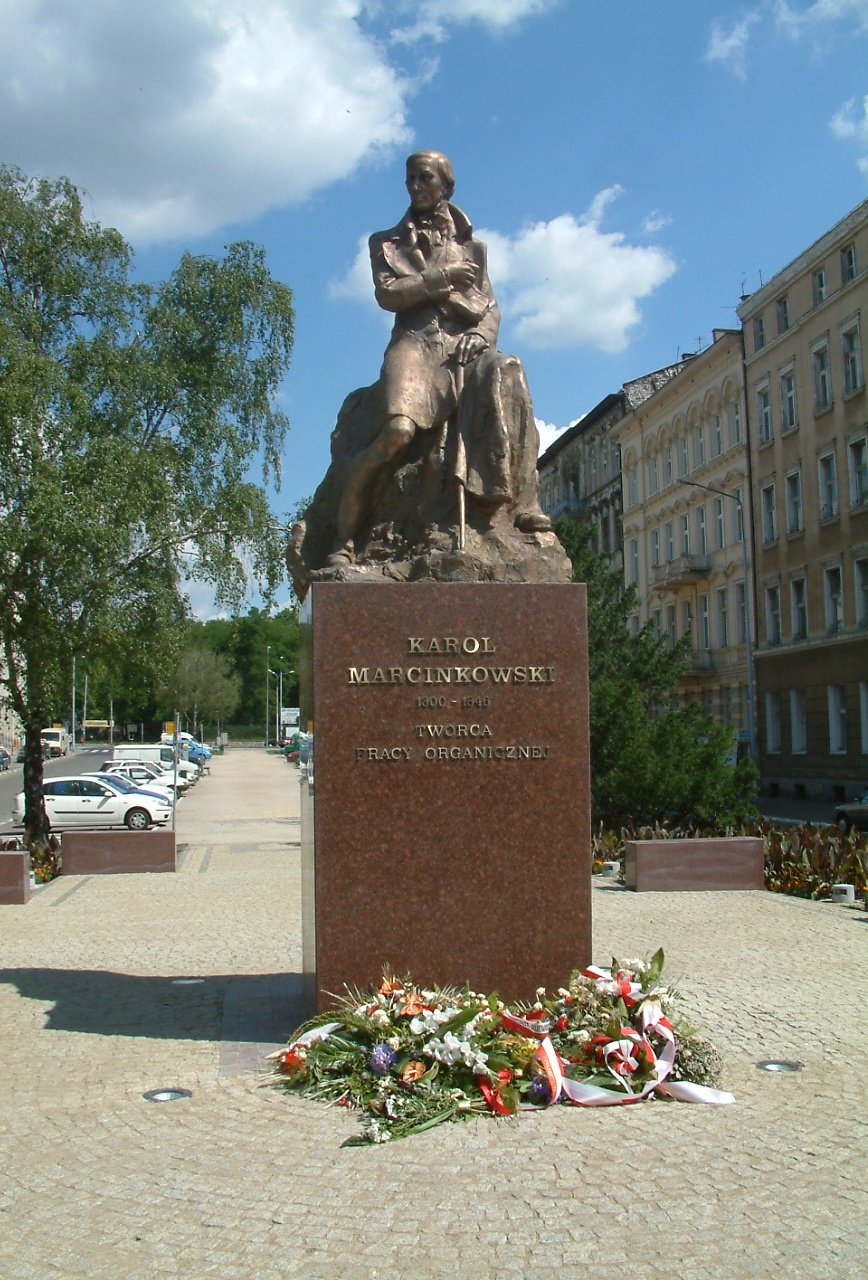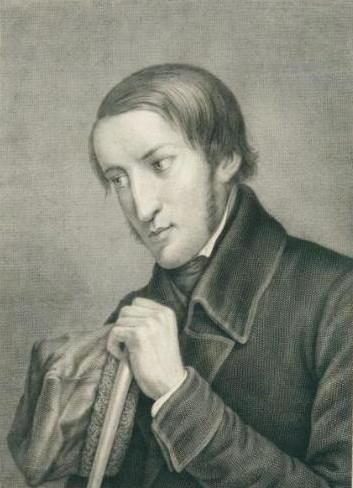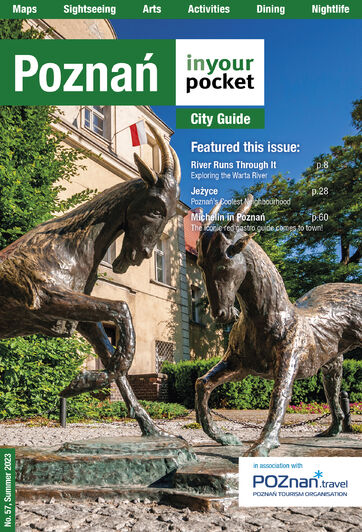Poznań’s eminent social activist and philanthropist Karol Marcinkowski, the man responsible for the renowned Bazar Hotel on Plac Wolności, was born in 1800, a few years after Poland was partitioned between Russia, Prussia, and Austria-Hungary. As a young lad studying medicine in Berlin, he joined 'Polonia' - a secret pro-independence society of Polish college students residing in the city, mostly those hailing from the Poznań region.

The main goal of the society was cultivating Polish patriotism, hard work, manliness, and other virtuous traits via intelligent discussion and literary meetings. Despite its rather harmless nature, Polonia was busted by the Prussian police in 1922, and several members - including young Karol - were sentenced to between three and six months in Danzig’s Festung Weichselmünde (Wisłoujście Fortress). Luckily, the Prussians turned out to be fairly lenient towards what Prince Antoni Radziwiłł deemed “idle daydreaming with lofty words”: after several weeks the prisoners were transferred to a tavern in the city due to somewhat fragile health, and upon the completion of their sentence could return to Berlin and resume their studies. Marcinkowski graduated with a medical degree in 1823, swiftly moving back to Poznań to practice surgery and gynaecology.
In 1830 the motherland called yet again, and he dropped his work to take part in the November Uprising in Poland’s Russian partition. After the failure of the uprising in October 1831, the Prussian authorities forcefully relocated him to East Prussia, quite a long way from home, to care for victims of a cholera outbreak. Defying the Prussians and the Hippocratic oath, he eventually made an escape west, first to Great Britain, and later to France; in 1834 he attempted to return to Poznań, but was - quite predictably - arrested on the Prussian border and sentenced to another fortress stay for his involvement in the uprising.

This time, he spent over three years in Festung Schweidnitz (now Świdnica), without a tavern in sight. And yet, the doctor was twice lucky: his stay was cut short by an unlikely development - a cholera outbreak in Poznań. By this time, Marcinkowski was an established cholera expert, having published scientific papers in France, and both the Polish and the German inhabitants of Poznań wanted him on the spot to contain the epidemic. That’s just what happened, and Marcinkowski used his newfound freedom for general Renaissance-manship, building the Bazar Hotel, founding a scientific society, becoming a city councilman, attempting to establish a Polish theatre, fighting poverty (he was known for purchasing medicine for the poorest of his patients), and generally inspiring much respect amongst fellow Poznanians until his death in 1846. It is not surprising that, more than 150 years after his death, a number of key medical institutions in Wielkopolska and nearby still bear his name - the Karol Marcinkowski Medical University of Poznań, Karol Marcinkowski University Hospital in Zielona Góra and the Karol Marcinkowski Medical School Complex in Konin are just a few examples!
This statue, fittingly located on Aleje Marcinkowskiego, was created by Stanisław Radwański and unveiled in 2005; a second, different monument of Marcinkowski stands in front of a high school at ul. Bukowska 16.



Comments